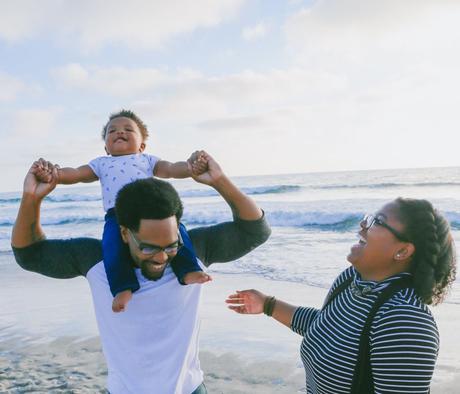When things grow stressful and distressing, it may help to remember how others had it worse. It’s cold comfort, perhaps, but Juneteenth, although a celebration, reminds us that our African-American siblings have had, and continue to have, a struggle to be permitted to exist on equal terms with everyone else. Racism is an ugly thing. Getting over prejudice is often difficult, but it’s generally the result of getting to know people as individuals. All my life I’ve learned anything I may know from small samples. I’m not famous and I don’t know a ton of people. I grew up in a small town that was mostly white. But even so, one of my early childhood friends was Black. I liked him a lot and his being different was only all the more intriguing.
You see, I grew up in a rural area that struggled (and still does) with racism. Yet even there, those who got to know the few African (and some Asian) Americans liked them well enough. It’s the mob mentality that’s often the problem. And it is easily stirred back into action when prominent individuals espouse it. We need to hear a much simpler message—get to know those who are different individually. No race is superior. We need to change the narrative. It’s not easy to do, but as someone who’s always dealt with small samples, I know it can work if we give it a chance. Mob mentality makes people feel included but it’s decidedly irrational. It seems best to try to see the person in front of us rather than fear those who are different. Being “white” doesn’t equate to sainthood.

Our Black friends and neighbors have had a difficult time being given rights and respect as Americans. Most of their ancestors were brought here unwillingly and carefully honed attitudes were taught to ensure that they were seen as inferior. I’ve often thought that making ourselves more homogeneous (and homogenerous) would solve a great many social ills. Xenophobia is no excuse, but it does seem to have its hooks deep in us. Questioning such assumptions just might help to make us all more humane. I can’t claim that my experience or ways of thinking are normative, but it seems if we get to know individuals—my small samples—we can begin to see that we all deserve fair treatment. Traffic offenses or taking a walk after dark shouldn’t be capital crimes for anyone. Welcoming the stranger is even biblical. Juneteenth is an important day and it reminds us that there’s still much work to be done to ensure justice and fair treatment for all.
